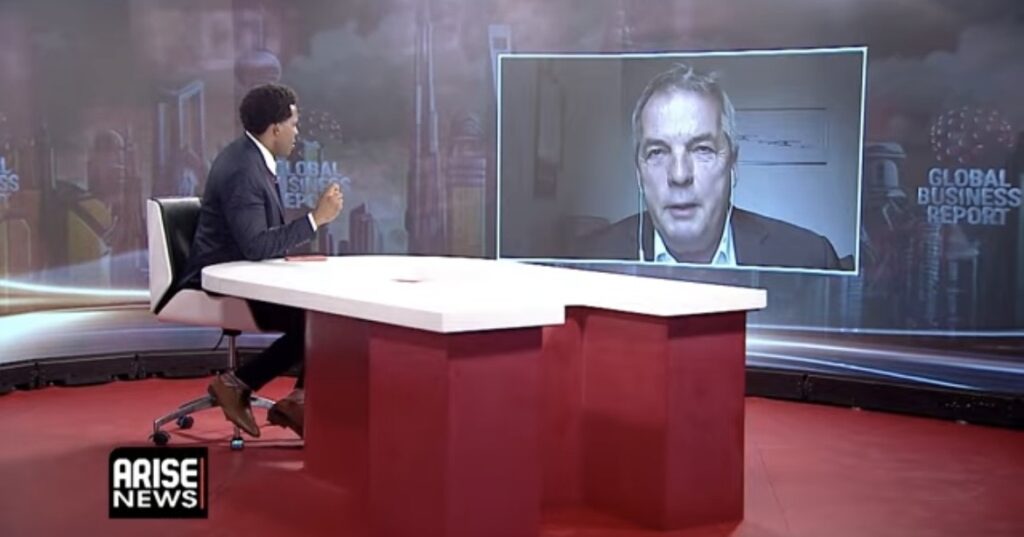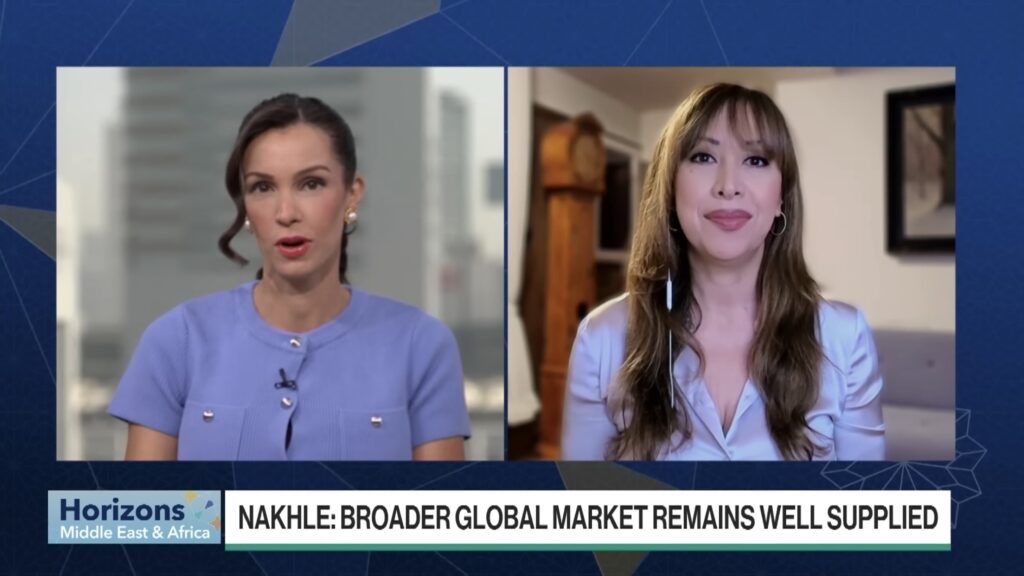In this commentary to the Gulf Intelligence, Dr Carole Nakhle, CEO of Crystol Energy, discusses the latest macroeconomic developments and their implications on energy demand.
There is a silver lining for Europe this winter when it comes to gas. We will of course still see higher prices if there is a complete cut in Russian supplies, but Europe has been preparing for this worse-case scenario. Russia may have escalated its cutting of gas exports recently but if you look at the last few months, you can also see that Europe has been building up its storage more rapidly than what we saw last year for example.
There will be greater flexibility this time around because the system has had more time to be prepared. Europeans are also becoming more practical and flexible in their policy decisions on finding a solution. We see that coal is back in fashion in support of energy security and even nuclear decommissioning is being considered. So, it’s not like the whole of Europe is hanging on Russian supplies.
Dr Nakhle also discusses what we should expect from OPEC+ in September when the deal expires, explaining that it all depends on the outlook. Like the Fed, OPEC is monitoring the situation step by step. They want to see what the macro data shows and the impact of that on oil demand. But OPEC+ group does not seem to be going anywhere – there is an important benefit, particularly the role of Russia, of this alliance sticking together for as long as possible.
On whether we have seen the top in oil prices for the year, she argues that we are still in the territory of volatility. The recent decline is due to the fear of a global recession becoming more and more pronounced. That’s the biggest factor weighing on prices today, but at around $110, they are still pretty high compared to a few years ago.
Dr Nakhle further talks about China’s impact on the current price trajectory. Global macroeconomic developments are outweighing any potential improvement in Chinese demand and even if we put the country’s zero-Covid policy aside, economic forecasts on China were not looking very strong. China is also buying a lot of discounted Russian crude so that should be taken into account when assessing its impact on the global oil market.
On the significance of Biden’s upcoming trip to Saudi Arabia, politically speaking, the US is an important player in the region, so it is a wise decision in that regard. Any escalation of tension or further geopolitical risk does not help anyone, whether in the region or elsewhere. There could be economic gains such as an element of energy coming into the discussion, but there seems to be more of a positive outcome for both players in the form of a rapprochement. How long that will last is the bigger question.
Dr Nakhle is joined by Dr Charles Ellinas, CEO of Cyprus Natural Hydrocarbons Company, and Andrei Belyi, Professor, Founder and CEO, Balesene OU. Frank Kane, as a guest host of Gulf Intelligence, moderates the discussion.
Watch the full discussion:
Related Analysis
“Energy Sanctions and the Global Economy: Mandated vs Unilateral Sanctions“, Christof Rühl, May 2022
“Sanctions and the Economic Consequences of Higher Oil Prices“, Christof Rühl, Apr 2022
“Energy Markets and the Design of Sanctions on Russia“, Christof Rühl, Mar 2022
Related Comments
“OPEC, Oil Prices, and the US: Reasons for, and Solutions to, the Current Crisis“, Dr Carole Nakhle, Jun 2022
“Oil Slides on Saudi Output Report“, Dr Carole Nakhle, Jun 2022
“Global oil markets and OPEC+ plans“, Dr Carole Nakhle, Jun 2022








